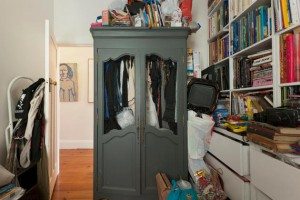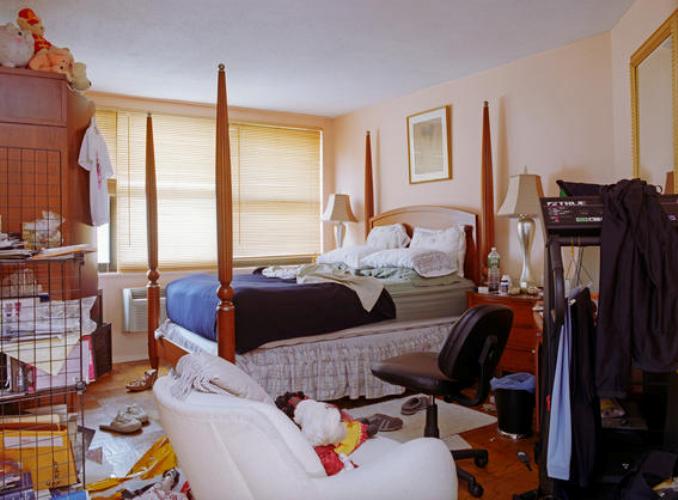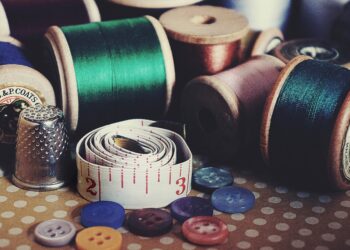Psychologists now have a term for this; it’s called retail therapy. As others binge eat, comfort eat, and have emotional cravings, so too can be said about shopping. And here the cost or price of the items bought rarely matter. Whether you spent hundreds of dollars in a mall or parted with change in a flea market or yard sale, all these items will take up space in your home. Ask yourself: when will I feel that I have enough things to surround me?
I remember reading an article once about a woman who recently separated from her partner. Her partner claims that one of the main reasons why the relationship ended is because her spending got out of hand and she accumulated a big debt from using her credit cards. After she left their apartment, he was shocked to find boxes and boxes of shopping bags still unopened with clothes still having tags. It seems she got addicted to shopping and wasn’t even using most of the stuff she bought! For her, it was just the thrill of spending.
Hers is obviously an extreme case, but before you end up becoming like her, check to see if there are areas in your life where you can simplify. Here is an easy checklist to go with on how to organize your life and get rid of clutter\ (both physical and emotional):
Make a list
Start with people; make a list of friends and family in your life who you connect with on a daily basis. If the list is too long, then cut it in half. Yes, hoarding can also apply to personal relationships. And sometimes having too many means you’re spreading yourself too thin and may mean you’re missing out on much important ‘me’ time.
Learn to say no
Are you a ‘yes’ person? In many cases, this is positive and it’s very okay to say yes. But it’s simply not possible to say yes all the time. When relatives call you to come over and help them out and you know that you need more help managing your place and work, a polite no is in order; you’ll be surprised at the end of the conversation when they say “okay, maybe next time….” 
Let go of the guilt
When downsizing, don’t feel guilty about letting go of gifts from loved ones. My mom was going through piles of purses, most of which she never used, and I asked her if it’s better to give some of them to someone who can actually use them; she replied: “But how can I give them away? Look at this one; this was from your Aunt Linda who’s already passed. How can I even think of giving it away?” She obviously doesn’t agree with me, but see how guilt can play a part in not being able to let go of stuff?
Let go of old beliefs
A lot of the hoarding going on is a result of old thoughts/beliefs/thinking patterns, and all of them originate from one sponsoring belief pattern: lack. We have been taught by parents, teachers, and society concepts such as ‘money doesn’t grow on trees,’ ‘save for a rainy day,’ ‘finish your food, people are dying from hunger,’ and other expressions. They are well intentioned obviously, but unfortunately, these thoughts all contribute to poverty consciousness, conditioning us to feel that there isn’t enough for everyone and that we have to constantly struggle and save for the future. The result is that a lot of us turned into hoarders, finding it hard to let go of things, thinking they are irreplaceable.
How do we let go of old beliefs? The easiest and surest way to do this is to check yourself to see if you’re reinforcing this thought. During birthdays and the holiday season, are you buying toys and clothes for your loved ones? Making them feel like these are prized possessions? How about gifting them with experiences like going to a theme park or a camping trip? Hopefully we learn from our mistakes and not pass it on to the next generation.
I remember a quote: ‘an organized desk is a sign of an organized mind.’ Our physical habitats can mirror our psychological states, and that is why after cleaning up our surroundings we instantly feel an energy shift. Our moods change for the better. Hopefully this list will inspire to check aspects in your life that can benefit from a little re-organizing.







